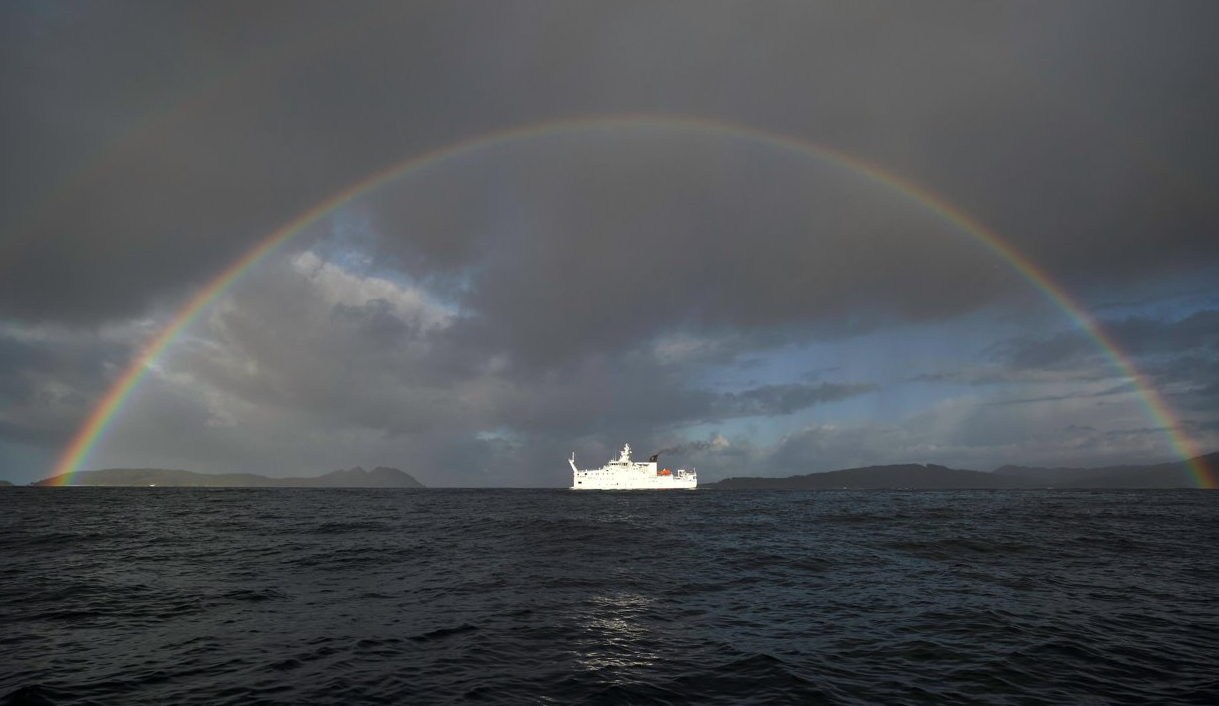Oceanographic data acquisition: the next age
Oceanographic Research Vessels, like the current R/V Belgica and the new R/V Belgica, fulfil their scientific role by performing campaigns with specific scientific investigation and by continuously measuring the properties of the atmosphere and the water. The R/V Belgica is a floating laboratory, composed of dozens of sensors and instruments, and a key Research Infrastructure of the Royal Belgian Institute of Natural Sciences (RBINS) and the Federal portfolio. It also deploys instruments in the water column or on the sea bottom for long-term time series. These continuous measurements (time series of deployments and 'en-route data') relate to meteorological, navigation, physical/chemical and operational parameters.
Continuous data (in human-readable and machine-to-machine forms) serve a wide range of users: the researchers, who only need the information from his or her campaign, the marine research community in general, and private companies, who potentially will make use of the new R/V Belgica. On top of this, there are in-house dissemination tools (e.g. R/V Belgica website) and various Research and Open Data infrastructures that RBINS constitutes and contributes to (e.g. GOSUD, INSPIRE, ICOS, SeaDataNet,...). All those users are expecting a high level of service and an increased cross-use of the data from the new RV Belgica regarding data acquisition, metadata and sensor descriptions.
Currently, the R/V Belgica stores its en-route data in an obsolete database system, designed in 1996 (ODASIII, Oceanographic Data Acquisition System). The new vessel, which will be commissioned in 2021, must adopt a state-of-the-art continuous data management system which is the focus of this project. To address these issues, BMDC has launched a two-year (2021-2022) BELSPO BRAIN project.
The main objective of the ODANext project is an automatic data and metadata workflow for the new RV Belgica, by a collaboration between the marine data acquisition (MSO, Ostend), data management (BMDC, Brussels) and scientific websites (SWAP, Brussels) teams of RBINS.
This main objective can be subdivided in the following outcomes:
- Fully operational sensor-to-client data flow, for all bound sensors and a selected set of deployed client sensors,
- Rich, standardized data that can serve any (potential) client,
- Metadata enrichment when it matters,
- Optimized and secure data storage,
- Integration into relevant open science data repositories,
- Increased data governance by writing Data Management Plan (DMP) together with data providers.
The Data Management Plan of the R/V Belgica will be made available via the BMDC and OD Nature websites.

The new Research Vessel Belgica. Copyright: Freire Shipyard
